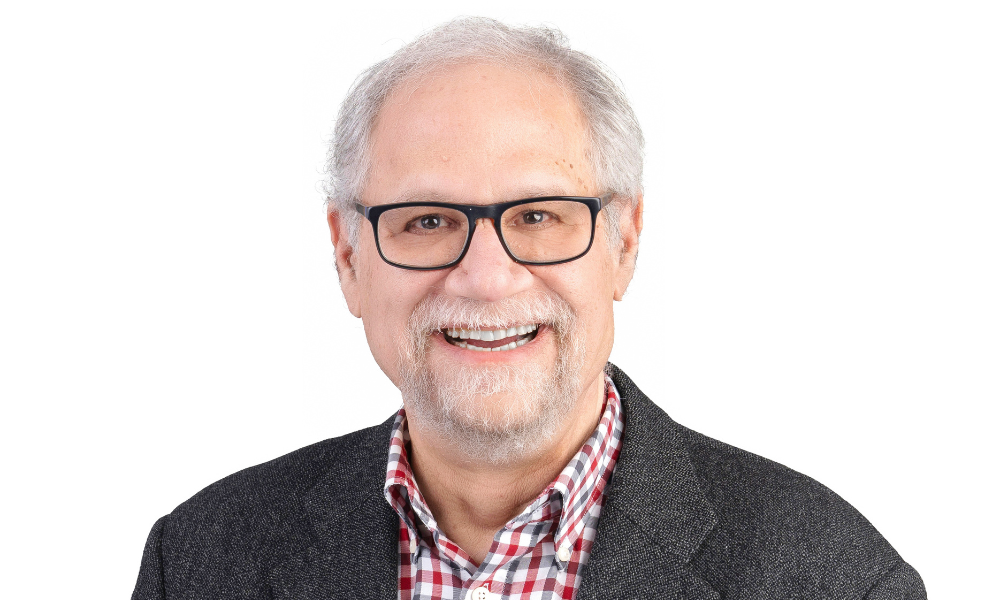Louis Legault’s path to becoming the general counsel at Québec’s Régie de l'énergie spans blue-collar work to leading legal teams at Hydro-Québec, and now at the Régie, a tribunal regulating the energy sector in Québec.
"I finished high school and went to work in shops, essentially being a machine assembler, and then working for CP Rail as a diesel machinist," Legault says. His early career involved organizing labour unions and negotiating contracts, experiences that sparked his interest in labour law. “There was this lawyer sitting across the table from us, and I told myself...I think I could do this job. It would make my job less dirty than what I'm doing right now.”
Legault admits the switch to law came with trade-offs. “There’s something about physical work...where you get immediate reward. You don’t get that in our type of jobs.” But his love for legal work and its intellectual challenges kept him driven.
Finding his place in public service
Legault’s transition from private labour law to public service was serendipitous and strategic. When a small firm he hoped to article with didn’t have the budget to hire him, he turned to Hydro-Québec. The company saw his hands-on experience as a compliment to his new legal training. “I guess the fact that I had a mechanical, technical background appealed to them.”
At Hydro-Québec, Legault thrived. “It was probably the best schooling any lawyer could get,” he recalls, saying the company had a robust litigation department. His rapid responsibilities – like pleading a case just two weeks into his articling – taught him adaptability and sharpened his skills. "I loved pleadings, going to court, examining witnesses, and building a strategy."
However, shifts in Hydro-Québec’s strategic priorities, including the decision to outsource litigation, prompted Legault to move on. “They wanted me to become a case manager...but I didn’t see myself in that role,” he says. A brief stint in private practice followed, but it wasn’t the right fit. “The expectations were too high, and I wasn’t comfortable.”
The role at the Régie de l'énergie
In 2006, a call from the Régie brought Legault back to the public sector. As general counsel, he leads a team of eight lawyers providing legal support to commissioners who render regulatory decisions. “We have to give them recommendations, the state of the law that applies, and review the work of technical specialists,” he says. His team ensures the board’s decisions are thorough, fair, and legally sound.
The energy sector's complexity, especially during a transition period, adds layers of challenge. "This energy transition is putting a lot of pressure on companies to reduce emissions," Legault says, noting the strain on utilities to supply clean energy. “In Québec, Hydro-Québec has even started saying, ‘Wait a minute, we don’t have the power to do this.’”
Legault sees the energy transition as a balancing act. “We’re walking on a tight wire,” he says, highlighting the need to weigh consumer interests against utility demands. Upcoming legislation like Bill 69, which may propose stricter decision timelines, could complicate matters further. “It puts more pressure on everyone...although we usually respect these delays, having a sword over commissioners' heads isn’t ideal,” he says.
Lessons for aspiring lawyers
Legault emphasizes the importance of credibility and transparency for those interested in energy law. There is a small community of energy regulation lawyers, "since you’re seeing these people all the time, you get to appreciate the work they do." He advises lawyers to avoid unnecessary disputes and to seek negotiated settlements when possible.
Reflecting on his career, Legault said, “There’s no secret to it – it’s hard work and knowing what you’re after. The key is to compromise and understand that everybody’s trying to do their best.”





